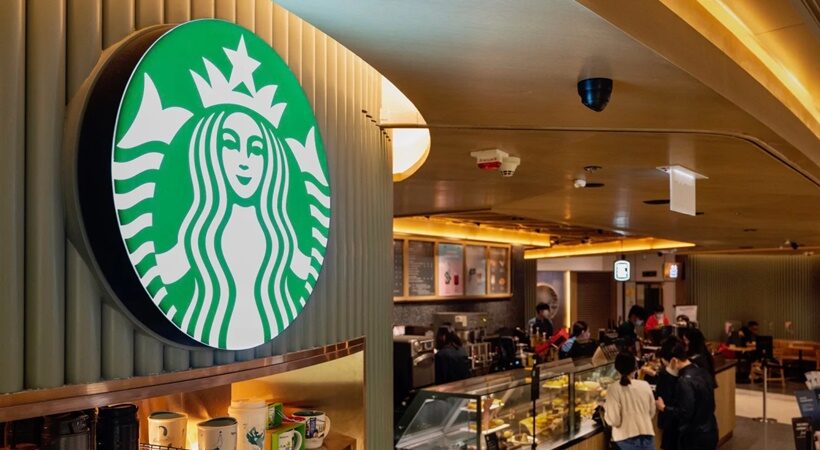According to a July 11 article in The Economic Times, Starbucks is updating its menu with Indianized and reasonably priced choices including masala chai and filter coffee.
The menu reportedly also includes milkshakes, bite-sized appetizers, street-style sandwiches, and a smaller beverage cup that is reportedly being tested in four markets: Bengaluru, Gurgaon, Bhopal, and Indore.
In addition to Pizza Hut’s paneer pizzas, McDonald’s McAloo Tikki burger, Subway’s Hara Bhara Kebab, and KFC’s Biryani Bucket, Starbucks is the latest international fast food brand to localize its flavours to appeal to the tastes of the Indian diaspora.
The turmeric latte and chole paneer kulcha, however, are already available at Starbucks. So what caused the action?
The business said that local and small-scale choices are both affordable and in demand. India is primarily a tea-drinking country, and filter coffee is an essential component of south Indian culture, thus the corporation thought it had to be included in these categories.
Sushant Dash, CEO of Tata Starbucks, told ET, “Some of the food products that we are offering as the beginning point in a Starbucks become cheaper and attract a bigger spectrum of consumers.”
The goal, he continued, is to “learn as well as observe customer acceptability across markets, see the subtleties, check and adapt, and then see where it goes.”
Compared to its rivals Cafe Coffee Day and McCafe, which have far lower costs, Starbucks has a premium posture in India.
Starbucks, which began operations in India in October 2012, saw the quickest shop expansion last fiscal year when it averaged one store opening each week. The business expanded into eight more locations, bringing the total number of outlets it operates throughout 26 Indian cities to 268. Despite two Covid-19 waves, the aggressive growth also caused its sales to increase by 76 percent, but from a low base.
In the past, Starbucks has localized its goods in a number of different nations, including China, Japan, Saudi Arabia, and many more.
Not simply in terms of its product offerings, the corporation has a history of applying localization for its expansion in international markets.



















